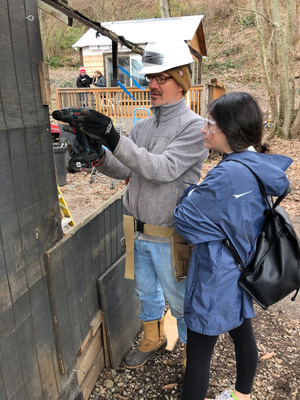
efforts came at Hazelnut Grove,
a tiny house community, where they
helped disassemble a small house.
In the United States, more than half a million people face homelessness. Most Americans have at least encountered somebody who is battling homelessness—whether it was giving a friendly nod while passing them on the street or stopping to share spare change. Earlier this year, teens from New York’s Westchester Jewish Center saw homelessness through a different lens as they spent a week giving back to the growing homeless population in Portland, Oregon.
Through the synagogue’s Teen Community, those in 8th-12th grade have the unique opportunity each year to go on a service learning trip assisting those in need around the country. Surveys show that Portland—which has been under a state of emergency for more than four years due to its homelessness epidemic—has 4,000 residents without permanent housing on any given night. Adam Bender, director of teen engagement at Westchester Jewish Center at the time of the trip and current Nativ program madrich, saw the trip as a critical opportunity for the teen group to get out of their “Jewish bubble.”
“After going to Houston last year to help with the relief efforts of Hurricane Harvey, this year’s trip was all about having the teens step out of their comfort zone and see with their own eyes some of what’s going on in the world,” Adam says. “We have thousands of homeless here in New York City, but I think it really puts things in perspective traveling to another part of the country and seeing what’s going on somewhere else. When we returned, the teens were definitely more energized than ever.”
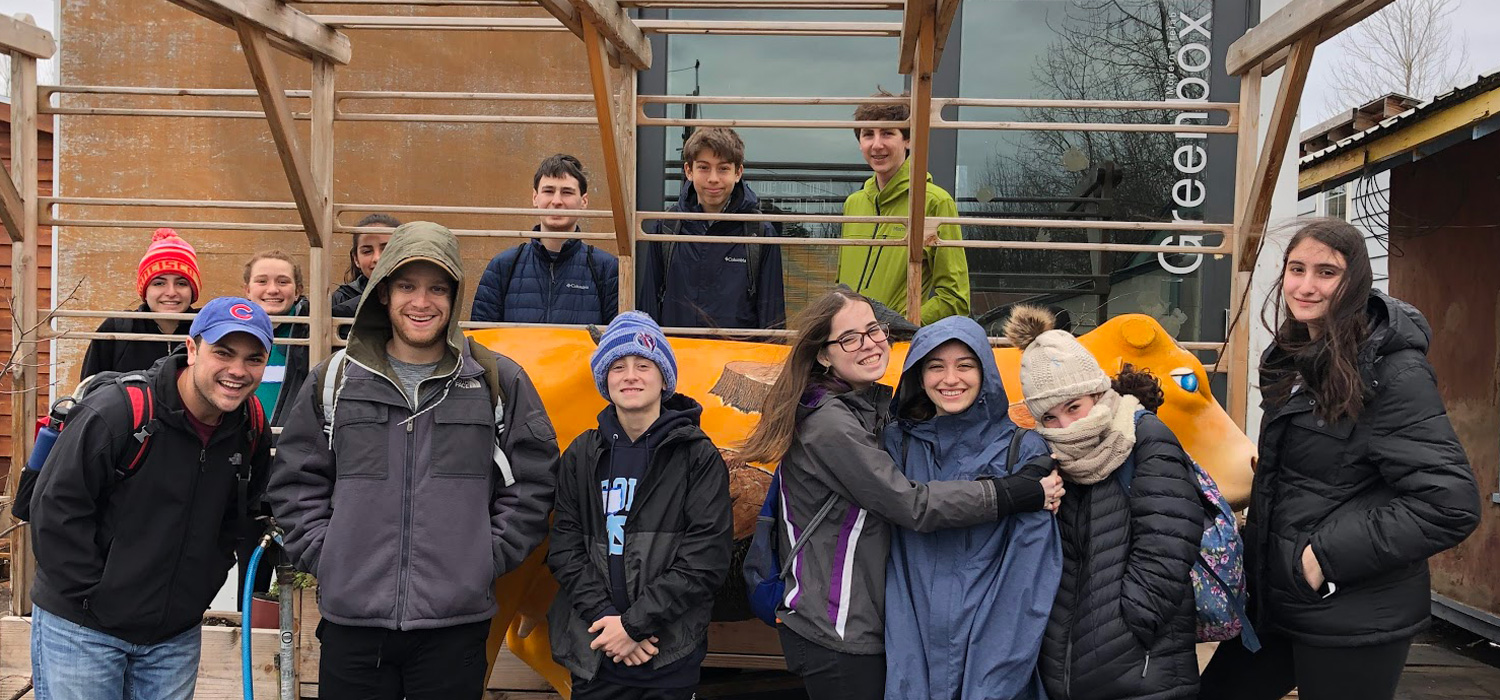
to Portland, Oregon, to help those facing homelessness.
The teen group made the most of their week-long stay by participating in various community service projects, including volunteering with Night Strike—a weekly program welcoming the homeless community to enjoy a hot meal, receive a haircut, converse with volunteers and have their old shoes, clothes and sleeping bags replaced. The teens gathered supplies and went around local neighborhoods offering coffee and socks to those in need.
For many on the trip, the most impactful experience came when the group visited Hazelnut Grove, an organized homeless encampment that provides shelter in the form of tiny houses for several residents, who would otherwise be living on the streets. The teen group helped members of the village disassemble a small house that was no longer livable.
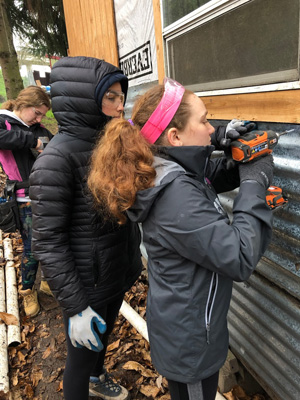
tiny house that was no longer
needed by the homeless community.
For trip attendee Jennalynn Ferraro, the experience was more meaningful than she imagined. “The experience was amazing—it was so satisfying to be able to see the kind of work we put into action,” she says. “I felt so proud once the project was complete, knowing I really made a difference in people’s lives. I not only learned important life skills like how to use a power drill properly, but also became much more educated on the struggles these people face and the many ways someone can become homeless so easily.”
Aside from providing those in need with food and other essentials, the real meaning ran much deeper, according to Adam. “It really is less about the sandwich and coffee and more about the interactions we were able to have with people who are struggling,” he says. “It was really beautiful to witness the look in our teenagers’ eyes when they were hearing people’s stories. For me, it’s rewarding in itself knowing that years from now, people who attended might be able to draw from the experience and realize just how much of an impact the trip had on them.”
After returning home, the group met twice to dissect the overall experience and ways the teens can take what they learned and apply it to their own communities. “Stemming from the experience, we decided to volunteer with Midnight Run, through which we partnered with two local synagogues to hand out supplies on street corners in Manhattan,” says Adam. “We then worked with Birthday in a Box, where we went to Walmart and created gift bags for families who couldn’t afford to throw birthday parties for their kids.”
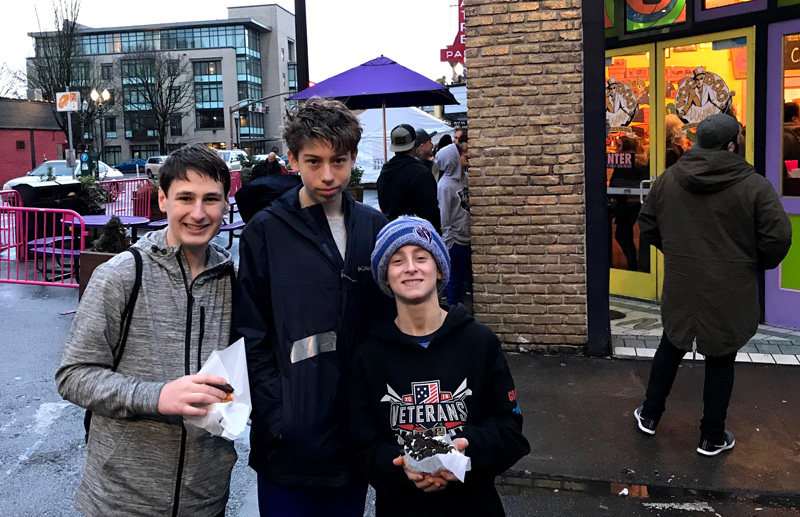
Looking back on the experience, Jennalynn emphasizes how impactful the trip was to her and her peers, and how big of a factor her strong Jewish roots came into play. “Tikkun olam and Judaism as a whole really played a huge role in me wanting to give back to the less fortunate, especially because it’s been taught to me so heavily throughout my life,” she says. “I wish everyone could attend a trip like this because it made me feel so good and grateful for everything I have.”
To read more about Judaism and the homeless, click here.
To view the survey conducted on Portland’s homeless community, click here.
Be a Positive Force in Your Local Homeless Community With These Tips
Teach: Have a special talent or skill? Dedicate your time by teaching someone an important life skill, such as typing, accounting or playing an instrument. Get started by organizing a class through your local shelter.
Encourage job opportunities: Urge your synagogue to reach out to a local homeless shelter about hiring someone to help with painting, cleaning or answering phones. Many homeless people want to work, but lack an opportunity to get their foot in the door.
Hold a clothing drive: If you find yourself with plenty of clothes you no longer wear, chances are many congregants are in the same boat. Putting on a synagogue-wide clothing drive not only goes to a good cause, but also gets members of the community together.
Create a blessing bag: The next time you come across someone in need, get ready to make their day by handing them a blessing bag that contains snacks, socks and personal hygiene items, such as toothpaste and deodorant. Carry bags in your car or purse so you always have one at your disposal.
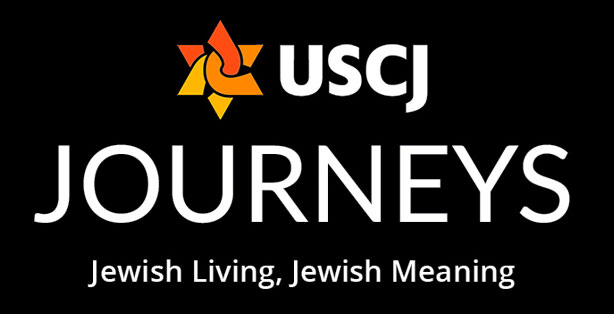
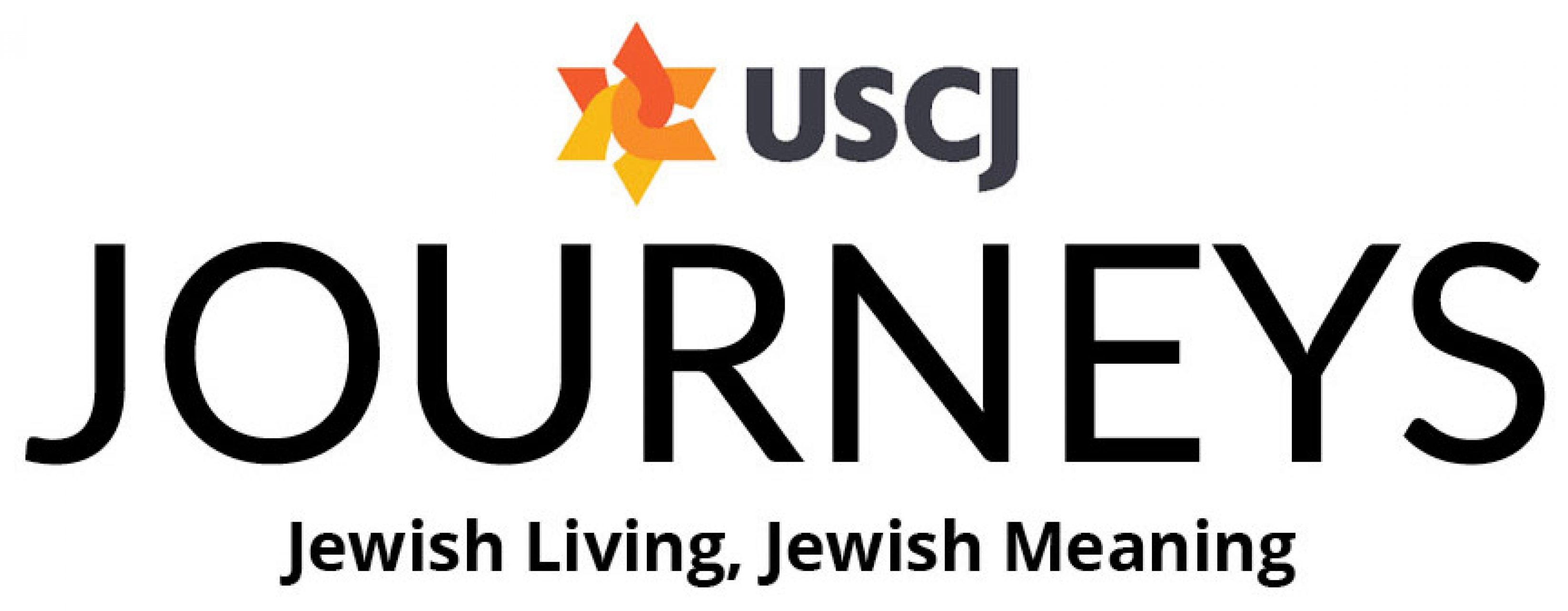
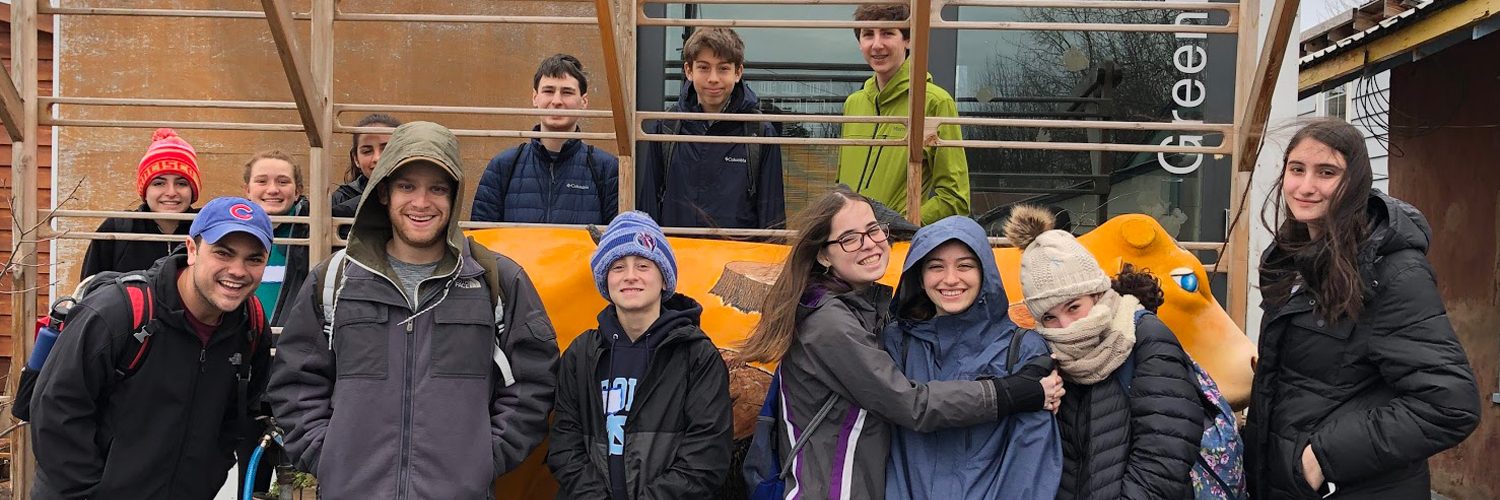

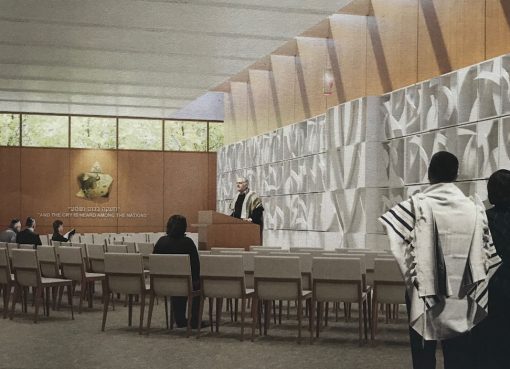
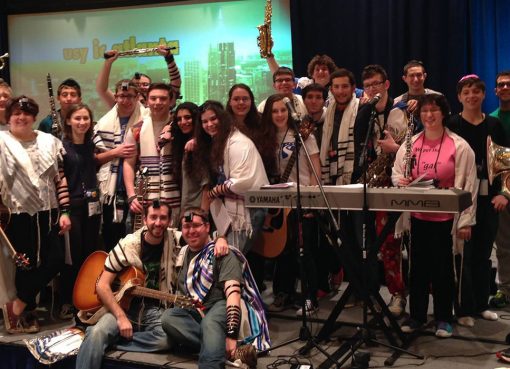
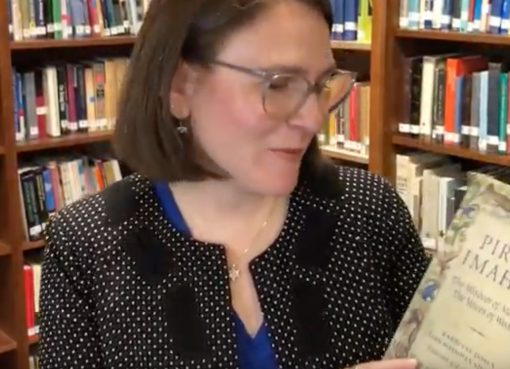

Comment here